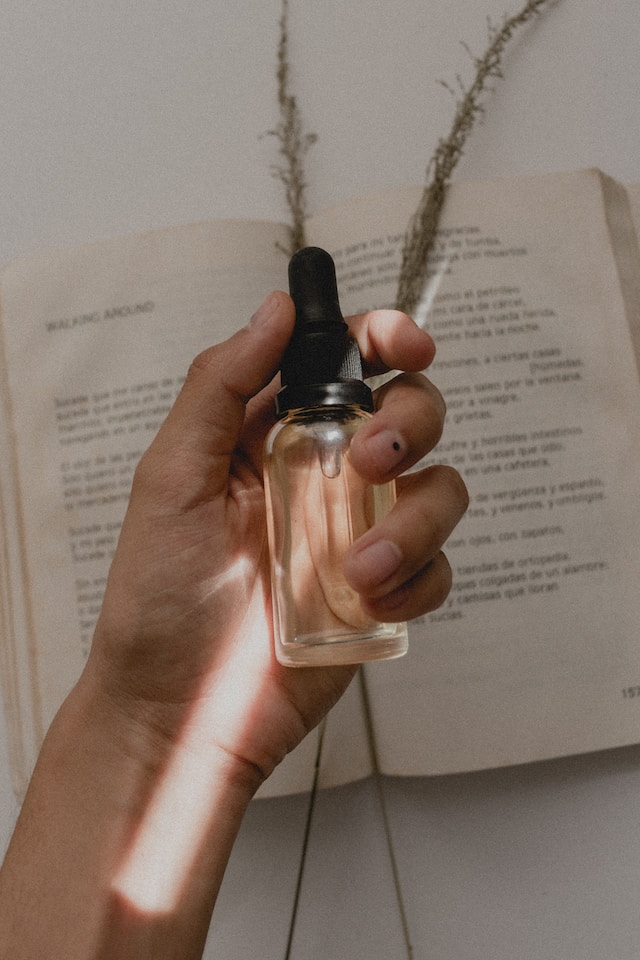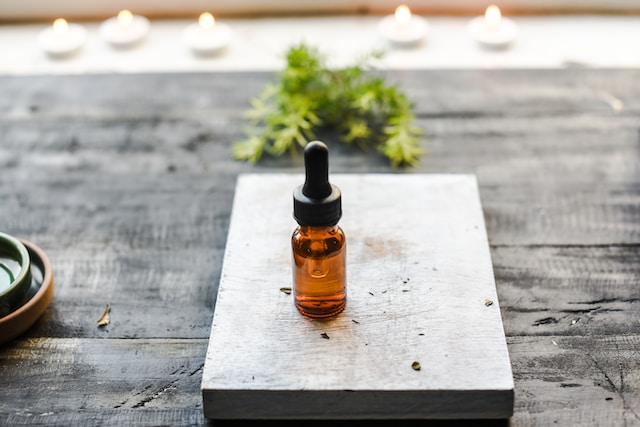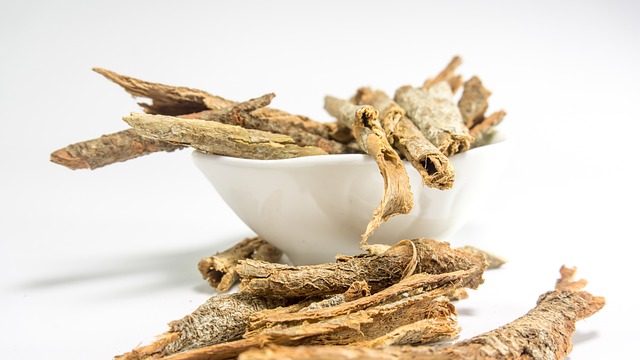
Homeopathy is a form of alternative medicine that has been practiced for over 200 years. It was created by a German physician named Dr. Samuel Hahnemann in the late 18th century.
Homeopathy is based on the principle of “like cures like,” which means that a substance that can cause symptoms in a healthy person can cure those symptoms in a sick person. Homeopathic remedies are made from natural substances, including plants, animals, and minerals.
Homeopathic remedies are diluted and shaken repeatedly, a process known as potentization, to create a highly diluted substance that contains only a small amount of the original substance. This dilution process is thought to increase the effectiveness of the remedy while reducing the risk of side effects.
Proponents of homeopathy believe that it can treat a wide range of conditions, including physical and emotional ailments. Some of the most commonly treated conditions include allergies, arthritis, asthma, depression, anxiety, and digestive disorders.
Critics of homeopathy, however, argue that there is little scientific evidence to support its effectiveness. They argue that the dilution process reduces the likelihood that any active ingredient remains in the final product, essentially rendering it a placebo.
Despite the ongoing debate about its effectiveness, homeopathy remains popular in many parts of the world, and millions of people continue to use it as a form of alternative medicine.
Principles of Homeopathy
The principle of homeopathy lies in its unique approach to healing, offering a distinct perspective on understanding and treating various ailments. Central to homeopathy is the belief that the body has the inherent ability to heal itself. By stimulating this innate healing power, homeopathy seeks to restore balance and harmony within the body, addressing both physical and emotional aspects of well-being.
Like Cures Like
At the heart of homeopathy is the principle of “like cures like.” This principle suggests that a substance that has the capacity to produce specific symptoms in a healthy individual can be utilized to treat similar symptoms in someone who is unwell. This concept stems from years of observation and experimentation by Dr. Samuel Hahnemann, the founder of homeopathy.
Potentization – Dilution and Shaking
Homeopathic remedies go through a process called potentization, which involves diluting and shaking the original substance multiple times. This process is believed to enhance the remedy’s effectiveness while minimizing the risk of side effects. The more the substance is diluted, the higher the potency becomes, making it ideal for treating different levels of ailments, from acute to chronic conditions.

Individualized Treatment
One of the distinguishing aspects of homeopathy is its emphasis on individualized treatment. Homeopaths carefully analyze a person’s unique symptoms, physical and emotional characteristics, and overall constitution. This holistic approach considers not only the immediate symptoms but also targets the underlying causes and imbalances within the individual.
Dynamic Remedies
Homeopathic remedies are dynamic substances that interact with the body’s vital force, stimulating the body’s own healing response. Each homeopathic remedy is specifically chosen based on the person’s symptoms and individualized assessment. These remedies come in various forms, including liquid tinctures, sugar pellets, or powders, allowing for flexible and personalized treatment options.
Conditions Treated with Homeopathy
Homeopathy is a holistic system of medicine that aims to treat the individual as a whole, addressing both physical and emotional aspects of well-being. With its unique approach to healing, homeopathy offers potential benefits for a wide range of conditions. While individual experiences may vary, many people have reported positive outcomes when using homeopathic remedies for various ailments. Here are some common conditions that homeopathy is often used to treat:
- Allergies (hay fever/ seasonal allergies, food allergies, allergic rhinitis
- Arthritis (osteoarthritis, rheumatoid arthritis, gout)
- Respiratory Conditions (asthma, bronchitis, sinusitis)
- Digestive Disorders (irritable bowel syndrome or IBS, Acid reflux or GERD, constipation
- Mental and Emotional Health (anxiety disorders, depression, insomnia)
- Skin Conditions (eczema, psoriasis, acne)
- Women’s Health Issues (menstrual disorders/ heavy or irregular periods, premenstrual syndrome or PMS, menopause symptoms
- Children’s Health (attention-deficit/hyperactivity disorder or ADHD, behavioral problems, childhood infections including colds and ear infections)
It’s important to note that the effectiveness of homeopathic treatment for these conditions may vary from person to person. Homeopathy is individualized medicine, and the choice of remedies depends on a person’s unique symptoms and constitutional makeup. Consulting with a qualified homeopathic practitioner can help determine the most suitable approach for each individual case.
Homeopathy’s gentle yet potent nature makes it suitable for people of all ages, from infants to the elderly. As with any form of medical treatment, it is advisable to consult with a healthcare professional before starting homeopathic treatment, especially if you have pre-existing medical conditions or are taking other medications.
Safety and Regulations in Homeopathy
When considering any form of medical treatment, including homeopathy, it is essential to understand the safety measures and regulations that govern its practice. While homeopathy is generally considered safe when used under the guidance of a qualified practitioner, it is crucial to be aware of potential risks, regulatory guidelines, and best practices.

Regulatory Bodies
- National Center for Homeopathy (NCH): In the United States, NCH serves as a valuable resource for homeopathic education, research, and advocacy. They work towards ensuring the safe and ethical practice of homeopathy by providing guidelines for practitioners and promoting the understanding of this alternative medicine modality.
- European Committee for Homeopathy (ECH): The ECH is an organization that represents professional homeopathic practitioners across Europe. They collaborate with regulatory authorities, promote quality control standards, and provide guidelines for homeopathic practice to ensure patient safety.
- Medicines and Healthcare Products Regulatory Agency (MHRA): In the United Kingdom, the MHRA regulates the safety and efficacy of homeopathic medicines. They ensure that manufacturers comply with quality standards and appropriately label homeopathic remedies for consumer awareness.
Safety Measures
Qualified Practitioners: Consulting with a qualified homeopathic practitioner is crucial to ensure safe and effective treatment. These professionals undergo rigorous training and adhere to ethical standards, ensuring accurate diagnosis and individualized treatment plans.
Dilution and Potentization: Homeopathic remedies undergo a process of dilution and potentization, reducing the concentration of the original substance. This approach minimizes the risk of adverse reactions while maximizing the remedy’s therapeutic benefits.
Open Communication: It is important to maintain open communication with your homeopathic practitioner. Inform them about any pre-existing medical conditions, allergies, or medications you are taking to ensure the safe integration of homeopathy into your healthcare routine.

Proper Storage and Handling: Homeopathic remedies should be stored as directed, away from heat, moisture, and strong odors. Following proper storage and handling practices maintains the integrity and effectiveness of the remedies.
Research and Education: Stay informed about the latest research and developments in the field of homeopathy. This knowledge empowers individuals to make well-informed decisions and promotes meaningful conversations with healthcare providers.
Homeopathy offers a unique perspective on healthcare, focusing on the body’s innate ability to heal itself. With its principle of “like cures like” and individualized treatment approach, homeopathy seeks to restore balance and address both physical and emotional well-being. While debates about its effectiveness persist, millions of people worldwide continue to embrace homeopathy as an alternative form of medicine. Consulting with a qualified practitioner and staying informed about best practices are crucial to ensure safe and effective treatment. Regardless of individual experiences, homeopathy remains an intriguing field that continues to captivate the imagination and interest of those seeking alternative paths to wellness.
